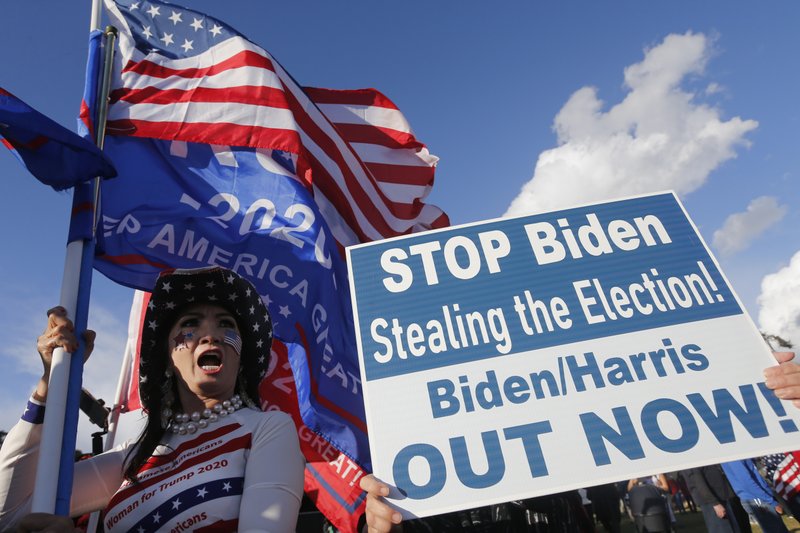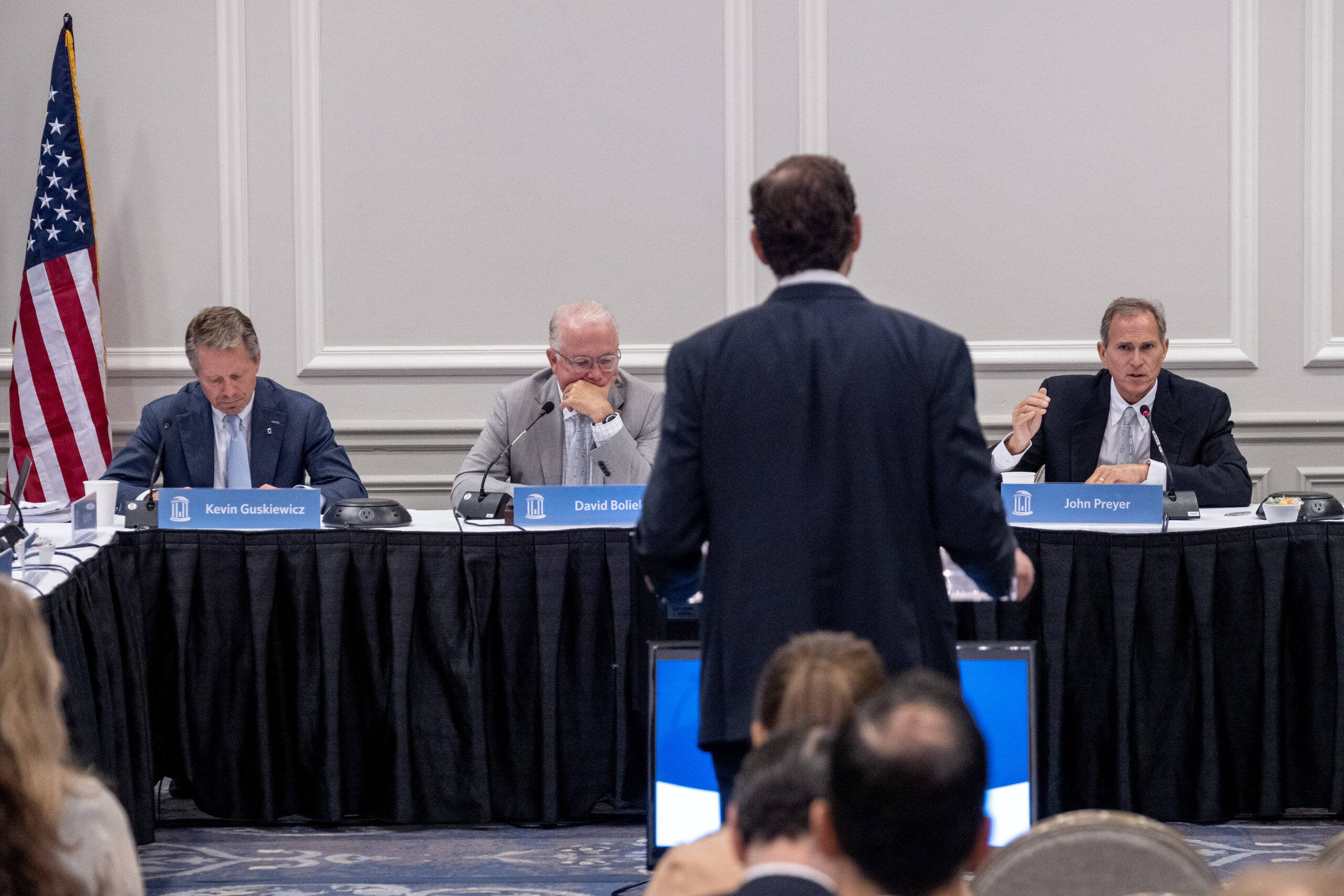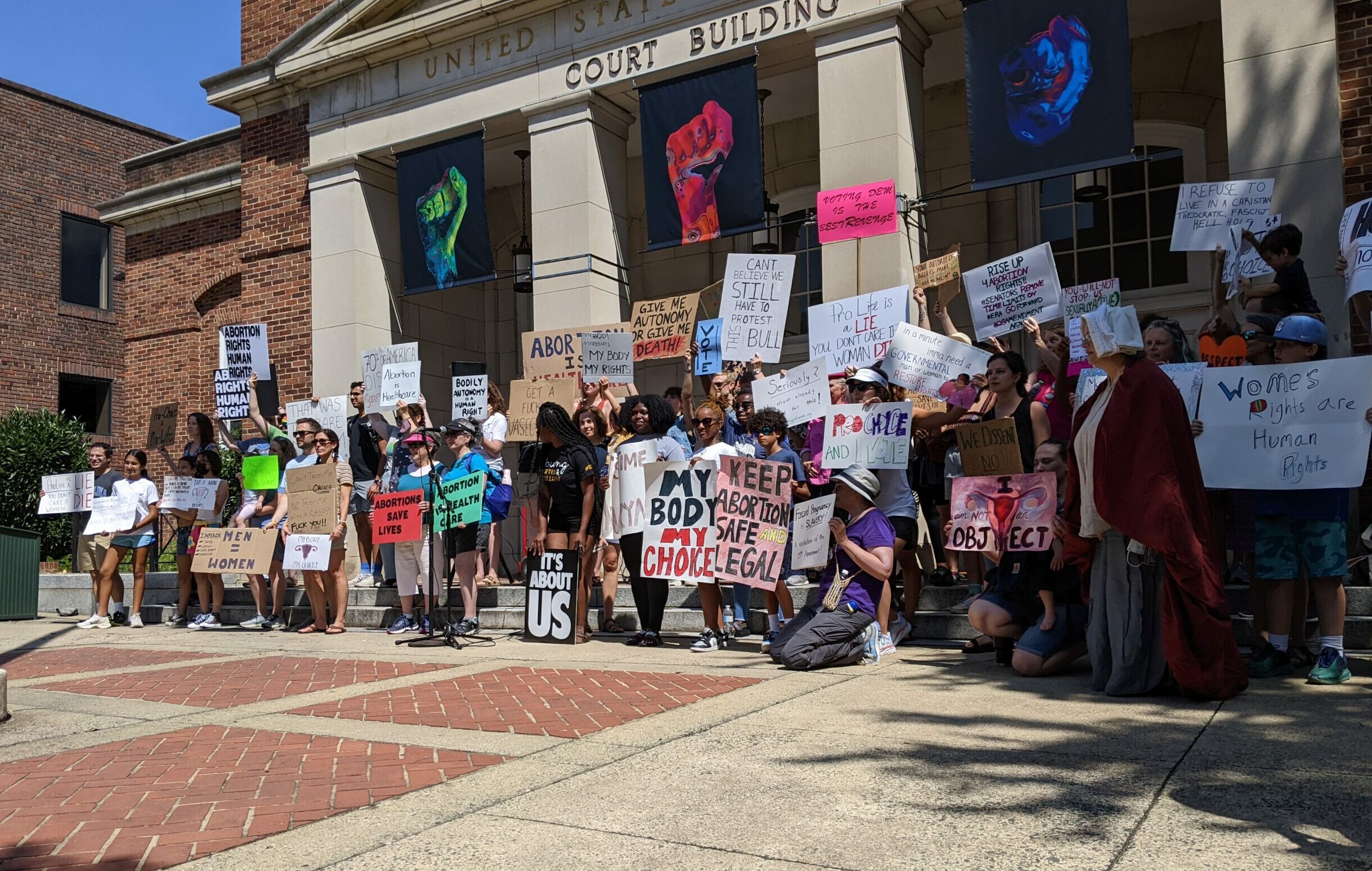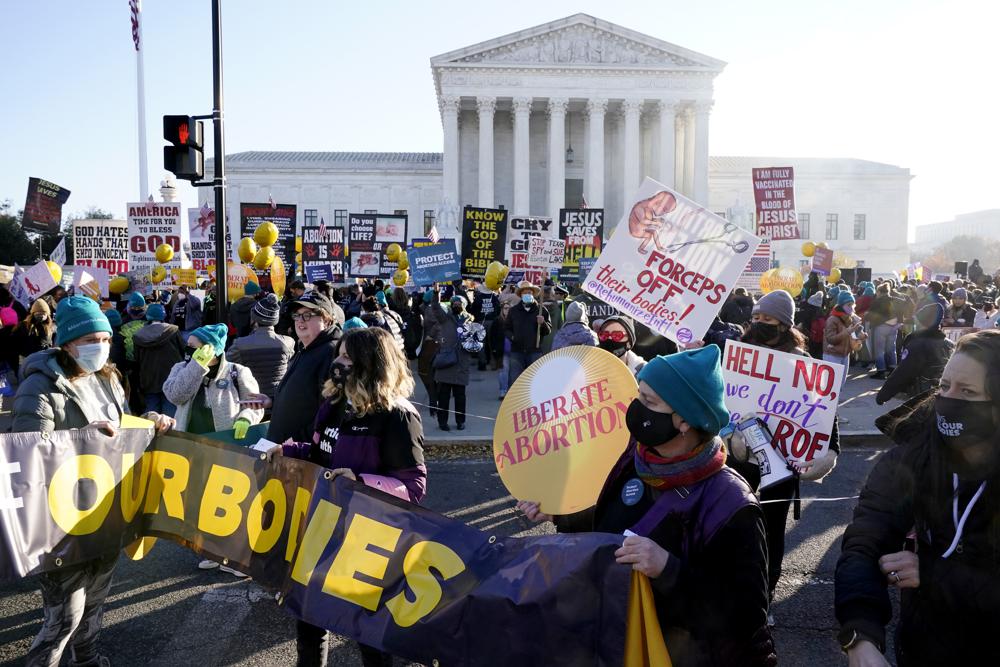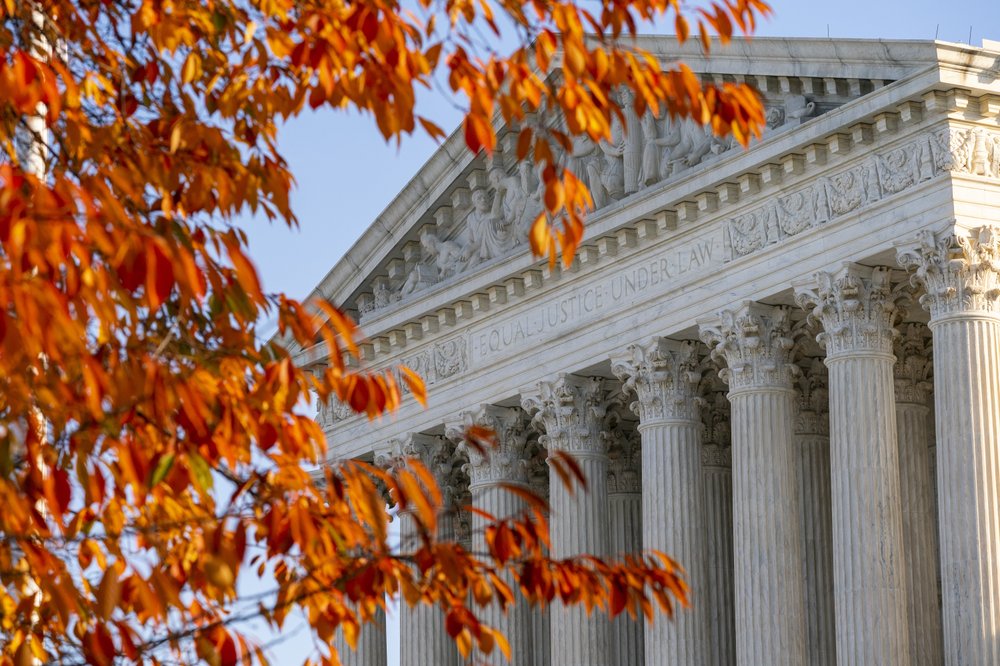As Joe Biden clinches the presidential seat, the Trump campaign is moving forward with the promise of imminent legal battles – asserting that there has been rampant voter fraud this election.
Just hours before networks called the election for President-Elect Joe Biden, President Donald Trump was tweeting accusations of cover-up and mail-in ballot fraud, stating, “Tens of thousands of votes were illegally received after 8 P.M. on Election Day.”
Even before Biden was officially announced the victor on Saturday, Trump’s campaign filed lawsuits in several different states. The majority of these lawsuits were filed in Pennsylvania, Nevada, Georgia, and Michigan – states where Biden’s margin of victory was relatively slim.
After Biden declared victory this weekend, Trump seemed poised to continue to fight, however most of his campaign’s lawsuits filed during election week were already dismissed by state courts on Thursday.
Early Friday morning, after again claiming an influx of “illegal votes,” Trump tweeted that the U.S. Supreme Court should decide the fate and legitimacy of this election.
Guy-Uriel Charles is a professor of law at Duke Law School and the co-director of the Duke Law Center on Law, Race and Politics, specializing in both constitutional and election law. Charles said the president can’t go to the Supreme Court just because he has an issue with the ballot count or swing state turnout.
“You don’t just go to the Supreme Court if you have an issue,” Charles said. “You have to have a legal basis for it and he would have to file a lawsuit in one of the lower courts – either in the state court or in the federal court. He might then lose and then appeal and then can appeal that to the Supreme Court.”
Charles said the president and his campaign team need to start at the lower courts and clearly identify a state law or constitutional rule that has been violated. If that fails, Trump can take up the battle with the Court of Appeals. After the Court of Appeals, the losing party could push the case to the state Supreme Court and then possibly up to the United States Supreme Court.
“So unless he can do that, he can’t file a lawsuit, but he certainly can’t simply just run to the U.S. Supreme Court and file a lawsuit there – that’s just not how our legal system operates,” Charles said.
While the presidential race has been called, Charles said the Trump campaign could still individually challenge certain states in a final effort to change the tides of the election.
“So in places where it is close, and they think that they have a legal basis, they will likely file a dual-tract system – both the state process as well as file in federal court,” Charles said. “Again, you can’t just walk into the federal court and say ‘I lost.’” You have to have a legal basis for saying there’s a law that has been violated that undermines our constitutional rights and therefore you have to provide me a remedy.”
Charles expects a two-tiered approach with challenges at the state and federal level regarding the nature of provisional votes. Trump has made numerous claims this election season stating that mail-in and absentee ballots are open to fraud.
This issue has been especially divisive to Democrats and Republicans as several swing states flipped in favor of Biden as mail-in ballots continued to be tallied. Most states require that ballots are received by November 3 but, in light of the pandemic, some have allowed for an extension as late as November 23 as long as the ballot is postmarked by Election Day.
In states like North Carolina or in Pennsylvania, where courts changed the rules, or state law, for COVID accommodation, Charles thinks there’s a potential of challenging ballots received after Election Day – especially as Pennsylvania’s 20 Electoral College votes solidified Biden’s presidential win.
“It is possible to challenge – and they would challenge – the ruling in the absentee ballots that come in after Election Day,” Charles said. “They would argue that a court does not have the power – whether it’s a state court or a federal court – to change the rules as written by the state legislature because the Constitution gives the state legislature the power to enact rules for presidential elections.”
No matter what, both parties will need to have all litigation and disputes resolved by the time the Electoral College meets in December.
Lead photo via AP/Julio Cortez.
Chapelboro.com does not charge subscription fees. You can support local journalism and our mission to serve the community. Contribute today – every single dollar matters.

